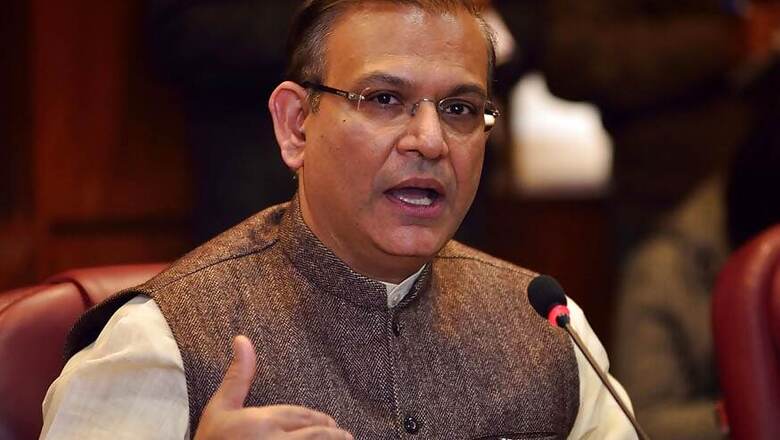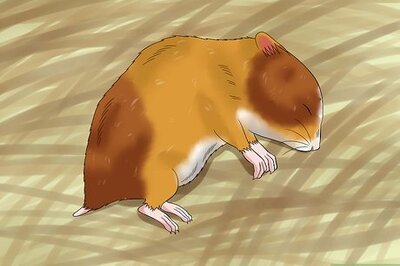
views
Mumbai: Defending government decision to privatise national carrier Air India and its subsidiaries, junior aviation minister Jayant Sinha on Friday said the private sector can run airlines business "far better" than government.
Sinha also expressed hope of getting a winning bid for the national carrier in the next six to eight months.
To revive the loss-making national carrier, government is working on the modalities for its strategic disinvestment. "Around the world most public sector airlines like Lufthansa, British Airways and Qantas have all been disinvested by their governments."
"They are now actually private sector airlines because the private sector can run airlines far better than government running them. That is why we are also going through the strategic disinvestment process with AI," Sinha told an IIT-Bombay event.
Expressing hope that "good" bidders will come forward, he said once the airline is privatised he is sure of Air India returning to its earlier glory.
"We are hopeful that in the next six-eight months we will be able to find a winning bidder for Air India," he said. Stating that Air India has improved its performance quite dramatically in the past three years and it is now making operating profit, Sinha said the arilines' total debt as of September stood at Rs 51,890 crore and the annual interest outgo on this debt is around Rs 5,000 crore.
This high financing cost, which is on the net profit basis, puts Air India balance sheet in the red, he said. "The winning bidder can invest more, improve its services, make the airline more competitive," Sinha said.
On June 28, the Cabinet Committee on Economic Affairs gave an in-principle approval to privatise Air India along with its five subsidiaries. Subsequently, an AI-specific alternative mechanism was set up to guide the process.
The ministerial group is studying how to treat Air India's large unsustainable debt. some of the ideas doing the rounds are hiving off certain assets of the airline group to a shell company, and then go in for strategic disinvestment of three profit-making subsidiaries.



















Comments
0 comment